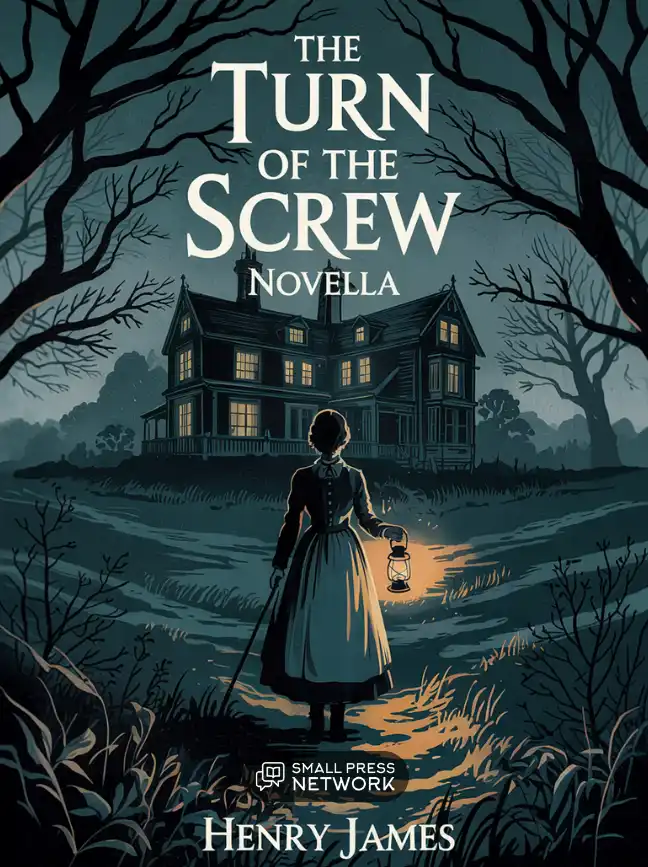Another apartment in the castle.
HAMLET enters .
HAMLET.—Deposited in a safe place…
ROSENCRANTZ AND GUILDENSTERN ( behind the stage )—Hamlet! Lord Hamlet!
HAMLET.—But gently! What is this noise? Who is calling Hamlet? Oh! they are coming here!
(Rosencrantz and Guildenstern enter.)
ROSENCRANTZ.—What have you done with the body, my lord?
HAMLET.—Confused with dust, to which he is a kinsman.
ROSENCRANTZ.—Tell us where he is, that we may take him out and carry him to the chapel.
HAMLET.—Don’t you think that.
ROSENCRANTZ.—Believe what?
HAMLET.—That I may keep your secret and not mine. And then, to be troubled with a sponge! What answer shall a king’s son make to this?
ROSENCRANTZ.—Do you take me for a sponge, my lord?
HAMLET.—Yes, sir, a sponge that sucks up the king’s countenance, his favors, his authority. But such officers do the king great service after all; he keeps them in reserve, as an ape does nuts, in the corner of his jaw—mouthed first, to be swallowed at the last;—when he wants what you have gathered, he has but to squeeze you a little, sponge, and you are dry again.
ROSENCRANTZ.—I do not understand you, my lord.
HAMLET.—That gives me great pleasure; an ill word must die in a foolish ear.
ROSENCRANTZ.—My lord, you must tell us where the body is, and come with us to the king.
HAMLET.—The body is with the king, but the king is not with the body. The king is a thing…
GUILDENSTERN.—One thing, my lord?
HAMLET.—…you’re welcome. Lead me to him. Hide, fox! and all in the chase!32
(They go out.)
Note 32: (return) Do you notice how Hamlet’s words become sometimes bolder, sometimes more obscure, as the action progresses? More and more obsessed by the growing certainty of the crime he must punish, by the emotions that multiply, by the traps that open under his feet, by the hatred that he sees heaped upon him, by the idea of vengeance of which he is, from minute to minute, more thirsty and more afraid at the same time, because each minute has delayed it and brings it closer, he speaks as he feels, and the jerks of his language reproduce the tumult of his soul. Most of his replies to the courtiers have a confused meaning and a manifest import: we see more darkness invading his mind and more bitterness springing from his heart. We must give up explaining sentences like: “The body is with the king, but the king is not with the body.” Does he mean that the corpse is in the palace, like the king, but that the king has yet to die, like Polonius, and to join the corpse more closely? Or does he speak alternately of the two kings, of the false living king, his uncle, and of the true dead king, his father? But what is the use of explaining? He does not want to be understood and cannot refrain from being threatening. He calls the king a thing, the courtiers interrupt him with this contemptuous word, and he cuts short the perils of the conversation, but with a worse insolence: “The king is a thing of nothing,” a ready-made expression common among all the poets of the same time and which came to them, like so many others, from the Bible, from the fourth verse of Psalm CXLIV, where it is said, according to the English translation: “Man is like a thing of nothing.” As for the last words of Hamlet, it is the refrain of the English children’s game which corresponds to our hide-and-seek . The sources of Shakespeare’s language are as diverse as the currents of Hamlet’s thoughts.





